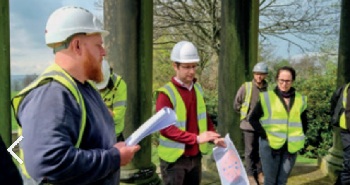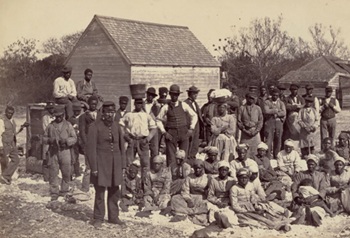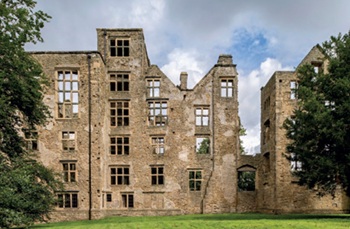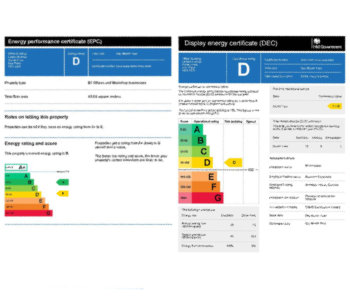From self-build to self-development
Contents |
[edit] New ways to manage the housing crisis
In England, the availability of social housing is rapidly declining. Between 2012 and 2016, over 120,000 social rented homes were lost, with another 120,000 disappearing by 2020. This decline is due to inadequate replacement construction, fuelled by sales under Right to Buy and the transition of homes into rent brackets such as "affordable rent," encouraged by government funding for new units.
[edit] Traditional development procurement
The traditional development process has become more complex and fragmented due, amongst other things, to increasing levels of legislation. In addition, each part of the process requires specialists, each with their own cost base, risk profile, and profit incentive. The shift in risk ownership and specialisation often leads to transaction points, which accumulate and drive up development costs. This increased cost places additional pressure on housebuilders, who are reliant on market conditions, government initiatives (such as Help to Buy), and volume building to remain competitive. This reliance perpetuates cyclical market volatility, representing a false economy.
[edit] Alternative development procurement
However, it is possible to simplify the traditional development process by reducing development risk and profit margins. Streamlining transaction points decreases cost leakage. Facilitating direct transactions between custom-builders, landowners, and house providers can result in significant cost savings. These savings include lower transactional fees, reduced stamp duty fees, decreased professional fees, less developer profit, and lower finance costs.
[edit] Self-build and modular
Undertaking a self-build project using modular construction offers numerous advantages. With the increasing accessibility of self-build mortgages from high-street banks, now available at similar loan-to-value ratios as traditional mortgages, this approach is becoming more financially feasible. Cost assurance is achieved earlier with less risk of future escalations, as homes are created in a controlled environment, leading to quicker completion and fewer uncertainties compared to traditional builds.
Manufactured in state-of-the-art factories, modular homes boast improved build quality, thermal performance, and reduced construction waste, aligning with sustainability goals. On-site construction times are drastically reduced by up to 75% due to the pre-fabricated nature of the homes, minimising disruption to local residents and reducing vehicle pollution from lorry movements. Modular construction also allows for customised designs tailored to occupiers' needs, enhancing the personalisation of living spaces. These homes are not only sustainable and energy-efficient but also outperform traditionally built homes, making modular self-builds an attractive option for those seeking efficient, customisable, and environmentally friendly housing solutions.
For more information see:
[edit] Related articles on Designing Buildings
- Affordable rented housing.
- British post-war mass housing.
- Build to rent.
- Buy to leave.
- Cohousing.
- Custom build home.
- Design for deconstruction.
- Factory-made housing.
- Flat pack.
- Kit house.
- Modern methods of construction.
- Help to buy.
- Intermediate affordable housing.
- Modular buildings.
- Modular housing and electrical circuitry.
- New homes bonus.
- Off-site construction.
- Off-site manufacturing.
- Open source architectural plans for modular buildings.
- Procurement route.
- Public private partnerships PPP.
- Rent to buy.
- Right to buy.
- Right to rent.
- Shared ownership.
- Social housing.
- Social housing v affordable housing.
- Social rented housing.
- Starter homes.
Featured articles and news
Heritage building skills and live-site training.
Shortage of high-quality data threatening the AI boom
And other fundamental issues highlighted by the Open Data Institute.
Data centres top the list of growth opportunities
In robust, yet heterogenous world BACS market.
Increased funding for BSR announced
Within plans for next generation of new towns.
New Towns Taskforce interim policy statement
With initial reactions to the 6 month policy update.
Heritage, industry and slavery
Interpretation must tell the story accurately.
PM announces Building safety and fire move to MHCLG
Following recommendations of the Grenfell Inquiry report.
Conserving the ruins of a great Elizabethan country house.
BSRIA European air conditioning market update 2024
Highs, lows and discrepancy rates in the annual demand.
50 years celebrating the ECA Apprenticeship Awards
As SMEs say the 10 years of the Apprenticeship Levy has failed them.
Nominations sought for CIOB awards
Celebrating construction excellence in Ireland and Northern Ireland.
EPC consultation in context: NCM, SAP, SBEM and HEM
One week to respond to the consultation on reforms to the Energy Performance of Buildings framework.



















